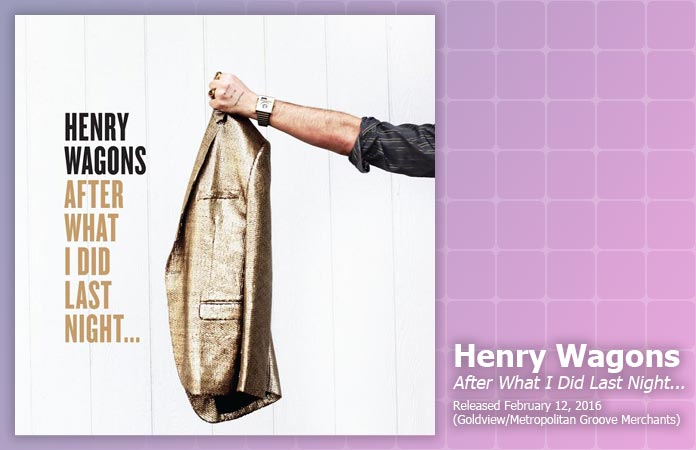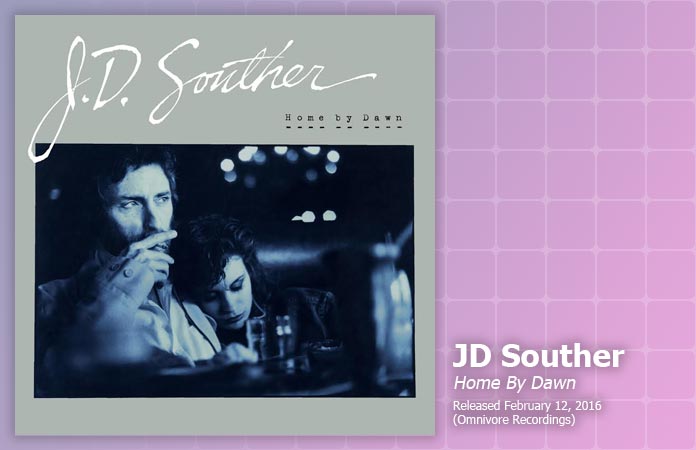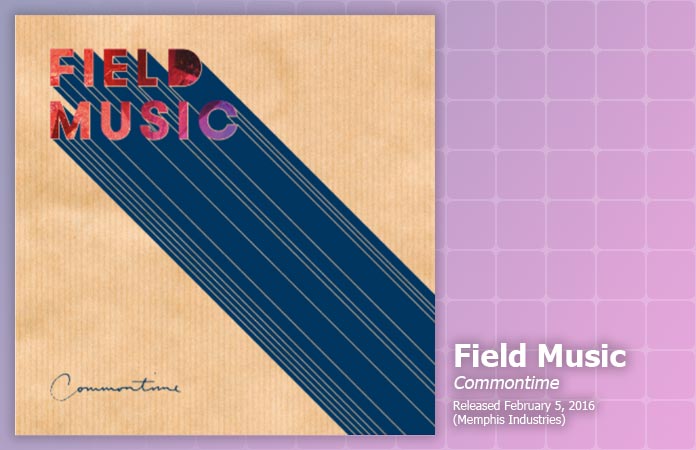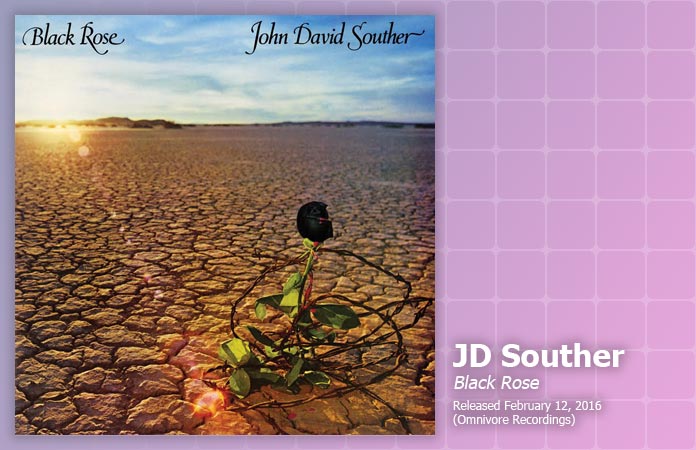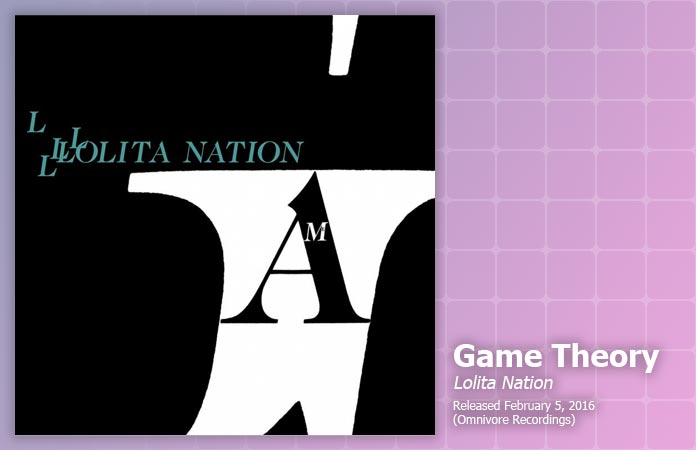Music Review: The Westies, Six On The Out
Published on February 16th, 2016 in: Current Faves, Music, Music Reviews, Reviews |By Tyler Hodg
The Westies’ sophomore album, Six on the Out, eclipses their previous work to set a new precedent, which prior to its release, seemed impossible. The Chicago husband and wife duo builds off of their folk-rock sound and successfully balances a grounded, yet expansive style–both musically and lyrically.
Music Review: Henry Wagons, After What I Did Last Night
Published on February 12th, 2016 in: Americana, Current Faves, Music, Music Reviews, Reviews |If Nick Cave had taken his Johnny Cash obsession even further, he might have been Henry Wagons. Henry Wagons, too, is from Australia, and bears more than a passing vocal resemblance to Mr. Cave. Henry Wagons has a rumbly, rich baritone voice, and a penchant for country-rock. But Henry Wagons has a wicked sense of humor to his lyrics as well as a sometimes surprising heartfelt bent.
Music Review: Elton John, Wonderful Crazy Night
Published on February 9th, 2016 in: Music, Music Reviews, Reviews |By Tyler Hodg
Since the release of his debut album Empty Sky in 1969, Elton John’s career and personal life have reached the highest of highs, and lowest of the lows. One month shy of his 69th birthday, John has long been settled in all aspects of his life, including his music style. He is comfortable no longer being the rocket man.
Wonderful Crazy Night is the latest release from the icon, and a comprehensive fit within the discography of an aging (but not fleeting) musical genius. While the album is far from his greatest composition, a few surprises and the absence of any career-tarnishing aspects make it a decent addition to his extensive discography.
Music Review: JD Souther, Home By Dawn
Published on February 8th, 2016 in: Current Faves, Music, Music Reviews, Reissues, Retrovirus, Reviews |The third of Omnivore’s expanded reissues of JD Souther’s criminally overlooked solo albums, Home By Dawn, is an unusual album. The things that make his previous albums, John David Souther and Black Rose work are there: his incredible lyricism, gift for melody, and warm vocals. These things have to share space with a particularly 1980s sounding production. Songs are slicker than they need be, and while the writing is, as always, brilliant, they suffer. A bit. But keep in mind, this is JD Souther we’re talking about, and he’s got this.
Music Review: Field Music, Commontime
Published on February 5th, 2016 in: Current Faves, Music, Music Reviews, Reviews |At this point, we can safely state that the 1980s musical revival is in full flower. New Romantic, Goth, New Wave, Industrial, Shoegaze, Dance Pop… some version of all of these can be found in nearly everyone’s Spotify playlist. What of those other subgenres from the ‘80s, those bands who didn’t really fit into any category? That’s where Field Music comes in.
Music Review: Dressy Bessy, Kingsized
Published on February 5th, 2016 in: Current Faves, Feminism, Music, Music Reviews, Reviews |After a seven-year hiatus, Denver-based Dressy Bessy have returned with the sugary popified, jittery delicious Kingsized. Joined by a who’s who of the what-used-to-be-college-radio stalwarts (but is surely called something else now), Kingsized is a return to form with an added grittiness. Guitars are fuzzy and heavy, providing a smart counterpoint to meringue light, sunshiny melodies and Tammy Ealom’s distinctive vocals (think: the sound of the Shangri-La’s smoking under the bleachers with the Slits).
Music Review: JD Souther, Black Rose
Published on February 4th, 2016 in: Current Faves, Music, Music Reviews, Reissues, Retrovirus, Reviews |Thank you, Omnivore Records, for reissuing JD Souther’s albums. The recent reissue of Souther’s debut, John David Souther, was like reading a blueprint for Americana music. Souther’s follow up album, Black Rose, shows an artist broadening his horizons, marrying jazz with rock and coming up with something unexpected but very effective.
Music Review: Peter Murphy, Wild Birds Live Tour
Published on February 3rd, 2016 in: Current Faves, Music, Music Reviews, Reviews |There’s a joke: Old Goths never die, and if they did, how could you tell?
While Robert Smith is arguably the queen of the Old Goths, their king is certainly Peter Murphy, the former lead singer of Bauhaus, who has found himself in the strange position of Gothic Tom Jones, selling out shows filled with swooning plus-sized women wearing the same black dresses they wore in 1985, while their husbands huffily cross their arms and wonder when Anthrax will tour again.
Music Review: Game Theory, Lolita Nation (Reissue)
Published on February 2nd, 2016 in: Music, Music Reviews, Reissues, Retrovirus, Reviews |Since its release and quick deletion, Game Theory’s third official LP, Lolita Nation, has carried with it a mystique. Is it because it’s the third album, as producer Mitch Easter has suggested, or because it’s been impossible to find and prohibitively expensive for so long? Now that Scott Miller’s magnum opus is widely available, will we discover that this is actually an average album for the era and subgenre? Happily, Omnivore’s long-awaited reissue reveals an idiosyncratic and breathtakingly ambitious release by a cult-favorite songwriter and band who deserved a greater place in the 1980s college-rock firmament.
Music Review: Ty Segall, Emotional Mugger
Published on January 29th, 2016 in: Current Faves, Music, Music Reviews, Reviews |American nightmare, guilty generation / fingers on the pulse of their parents’ alienation / from the history, histories of Western civilization
–Ty Segall, “California Hills”
There was a 1987 SPIN magazine cover story on David Bowie called “What Next, Put Together Man?” and while I can’t recall the article’s content exactly, that question has lingered in my brain ever since. At the time I was only just beginning to grasp the depth and breadth of Bowie’s shape-shifting abilities, and it took me years to fully understand the significance of that particular query.

